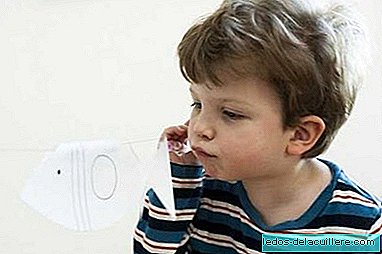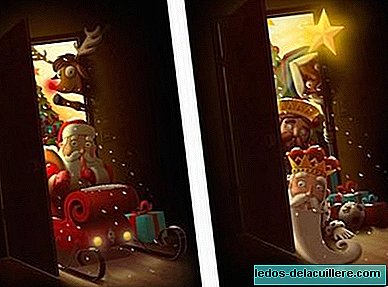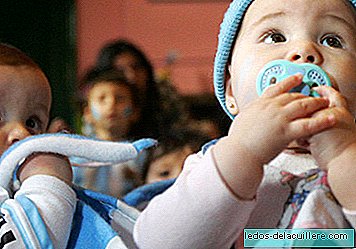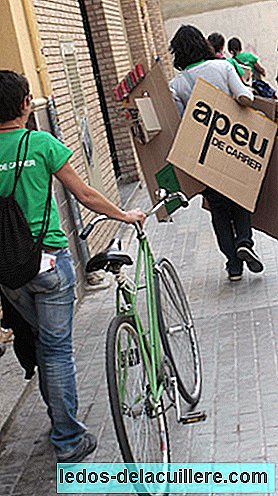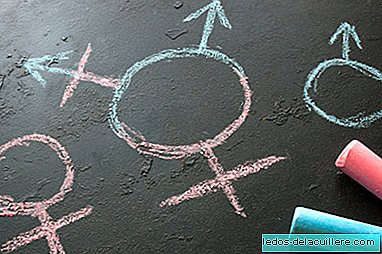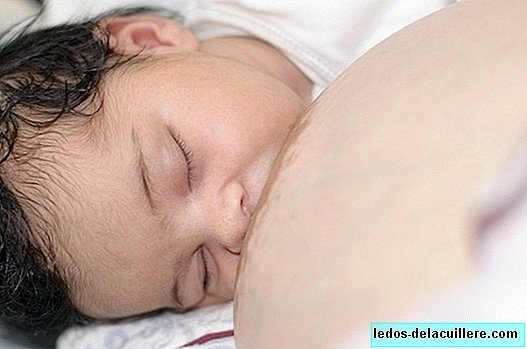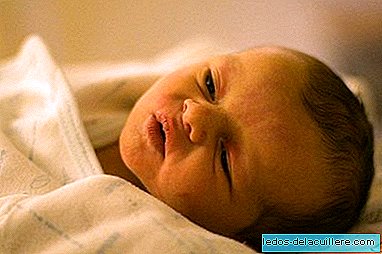
Sometimes news appears that generate a strange sensation of ambiguity to the readers, since on the one hand they are seen as an advance and as one more step for humanity, but on the other there is a worrying differentiating style, controlled by people .
By this I mean a story that is on the lips of many people these days: The first Spanish baby free of the genetic mutation that predisposes to have breast cancer.
Saying so seems simply good news. The problem and the controversy is generated when it is explained that not all couples can get it, because it is a baby born by in vitro fertilization, and that social security is costing these treatments.
In theory, the Assisted Reproduction Act of 2006 says that these procedures can only be used in the case of "serious inherited diseases, early onset and not susceptible to treatment." Breast cancer has an early onset and this makes it one of the most serious because it has more time to develop, however it is a cancer that can be treated.
This means that many people have raised their voices in this case, because the baby is also a child (99% of breast cancers suffer from women) and the chances of him suffering are very small.
However, we must bear in mind that five women from the same family have already suffered from the disease, presenting in the form of a malignant tumor, because of the mutation of the BRCA1 gene, that the child no longer has and whose offspring will not have.
To carry out the technique an intense embryonic selection was made, from which nine embryos were obtained. Of the nine matured six and of these only two were free of the mutation. These two healthy embryos were those transferred to the patient.
The cost of treatment is 8,000 euros, twice what it costs for in vitro fertilization, and has been paid for by social security.
Núria Terribas, director of the Borja Institute of Bioethics says the following:
Limits must be set ... Perhaps for many these treatments have no justification. I ask people to please put themselves in the place of this family ... I know they are times of crisis, although this intervention has probably avoided a higher cost for public health.
Seen this way, it has a certain logic, because cancer treatments could be more expensive, surely, than the embryo selection treatment to prevent hereditary cancer from continuing to affect that family. However, it should also be taken into account that the selection only affects breast cancer, but not the rest of the cancers, so that both the child and the rest of the family members could suffer the disease in other organs of the body.
I am sorry, but I am not able to give my vision on this matter (and I am afraid to imagine what it will have cost the Bioethics Committee responsible for the case to reach a conclusion). On the one hand it seems to me an absolute joy that this family can breathe easy knowing that the mutation causing several cases of malignant breast cancer in the family will not continue to pass from son to son, but on the other hand I think of all couples who have children by traditional means and therefore have no chance of selecting any gene and I can't help remembering, once again, the movie Gattaca, in which genes were selected to get a race of disease-free humans.



